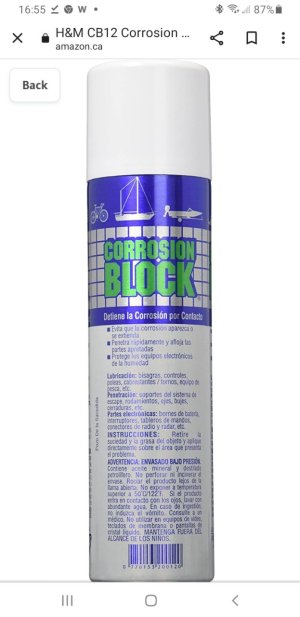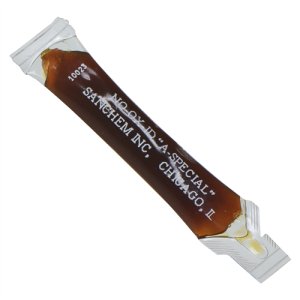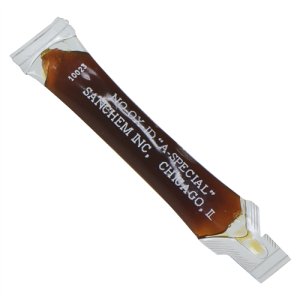Many folks believe dielectric grease is a conductance facilitator. It is not. It's a fairly common misconception that dielectric grease is capable of conducting electricity. In actual fact, dielectric grease is a great insulator and so cannot conduct electricity. That's just great for spark plug boots. Not so hot for electrical connectors, terminals, buss bars or battery posts where you want excellent conductance.
For electrical connections you would be well advised to choose a different compound - an electrical contact grease. This is an electrically conductive grease that improves connections and keeps metals free from rust and corrosion. It has been used in the power industry for over 65 years. It prevents corrosion in electrical connectors from low micro-power electronics to high voltage switchgear. Electrical grease also prevents the formation of oxides, sulfides and other corrosion deposits on copper, tin or aluminum connections. It is used where connections are made with dissimilar metals.
The purpose of a electrical contact lubricant is to prevent corrosion and lubricate the connection for easier maintenance. Electrical grease prevents corrosion attack on all metal surfaces. Attack can come from battery acid, acid fumes, salt, moisture and other contaminants in the environment. When this conductive grease is used on any metallic connection, it prevents the formation of oxides, which will cause high resistance, heat and subsequent failures.





